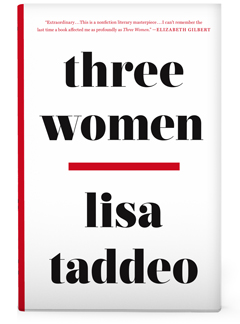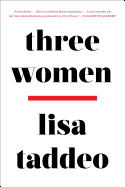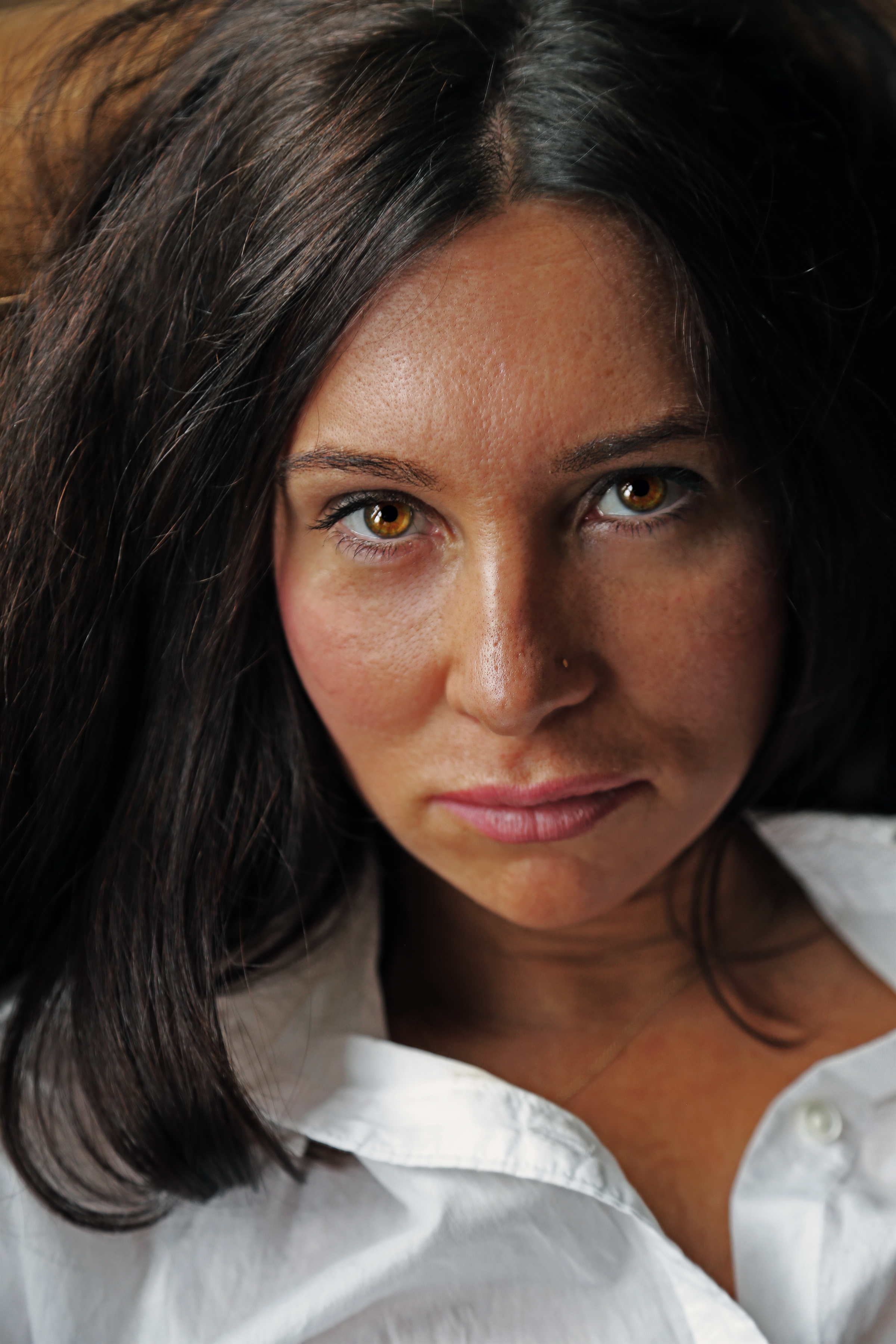Three Women
by Lisa Taddeo
Lisa Taddeo is not a soothsayer: she's a writer whose work has appeared in well-regarded magazines and anthologies like Best American Sports Writing. But if she's not clairvoyant, how did she know, when she began her eight years of work on Three Women, that the book would arrive at the exact moment when the #MeToo-grappling world so desperately needs it?
After driving across the country six times with her eyes peeled for subjects willing to talk about their sex lives "on the record and without holding back," Taddeo was lucky enough to gain the trust of three women. In an author's note, she says that she "spent thousands of hours" with her subjects, including by phone, text and e-mail when it was impossible for her to be physically present. (Take note: Three Women contains explicit sex scenes.) She distilled those hours of storytelling into dexterous and suspenseful third-person narratives, devoting about a half dozen alternating chapters to each woman.
That Taddeo uses Maggie May Wilken's real name (she changes those of her other subjects) reflects a grim truth: Maggie's name is part of the public record. When she was a 17-year-old senior at West Fargo High, she began an affair with her English teacher, Aaron Knodel, a married father in his late 20s. Throughout their sexual relationship, Aaron kept his pants on, apparently believing that this made the affair only half as illicit. Aaron told Maggie that he wanted to leave his wife. He and Maggie exchanged "I love yous" and countless texts, one of which his wife intercepted. Aaron broke off the affair and all contact with Maggie. Several years later, she is still a wreck, seeing a therapist who writes her prescriptions and finding it impossible to continue at North Dakota State University. When Maggie learns that Aaron has been named North Dakota's Teacher of the Year, she finally tells her parents and the police what happened. At his trial, Aaron is found not guilty.
Unlike Maggie, Lina, who lives in southern Indiana, is the instigator and in her early 30s when she begins her affair. The stay-at-home mom told herself that if her husband's sexual disinterest in her dragged on for three humiliating months, she would take action. In fact, the reader will come to learn that Lina is defined by her agency: she gets a prescription for her depression, can pull a last-minute babysitter out of a hat, and joins a women's discussion group, where she announces that she is sleeping with her high school boyfriend and has asked her husband for a separation. Although Lina presents this to the group as good news, her chapters find her in not just love but a constant state of agitation: When will she see her lover again? The guy makes it clear that he has no plans to leave his wife. Lina isn't fooling herself: "She knows the truth even as she tries to shut it out: he is terrible to her."
Maggie surely would have benefited from a better support system and Lina from the diversion and economic independence offered by a job. But does Sloane need anything at all? She works at a Newport, R.I., restaurant that she co-owns with her husband, Richard, who adores sleeping with her. The sex she's having outside the marriage is rewarding for all involved: "It turned Richard on to watch his wife with another man in his presence, or sometimes it could be just her and the other man while Richard was working. Sloane would send verbal and video updates via text message." She has an epiphany while reading Fifty Shades of Grey: "If previously she'd been simply accommodating her husband's desire without being true to her own, now Sloane had a new lens through which to see their arrangement. She was a submissive, and a submissive acquiesced to the demands of the dominant." Put another way: her sex life is making exactly none of its participants unhappy, although some harsh words from one bedmate's spousal equivalent do give Sloane's conscience a workout.
Would Sloane have been less comfortable in the submissive role if her parents had given her more attention when she was spindly from the adolescent bulimia they somehow never picked up on? Would Maggie have had the strength to run from her teacher if her parents hadn't been alcoholics? Would Lina's lover have had less of a hold on her if he hadn't suddenly stopped phoning her in high school after hearing rumors that she'd slept with three guys at a party (they'd actually drugged and raped her)? Implicitly posed by each woman's narrative are these questions, but Taddeo isn't asking them. In her prologue, she writes, "I set out to register the heat and sting of female want so that men and other women might more easily comprehend before they condemn." Only a reader with a bum ticker would leave Three Women more freighted with reproach than with compassion.
Make no mistake: readers will judge these women's choices. But the point is that the stories of Maggie, Lina and Sloane are offered here without judgment, which allows readers to objectively view their multivalent experiences. With Three Women, a heavyweight and a knockout both, Taddeo makes it possible for each woman to be the agent of her own storytelling, and the book's very existence insists that they are to be believed. It doesn't get much more #MeToo than that. --Nell Beram








